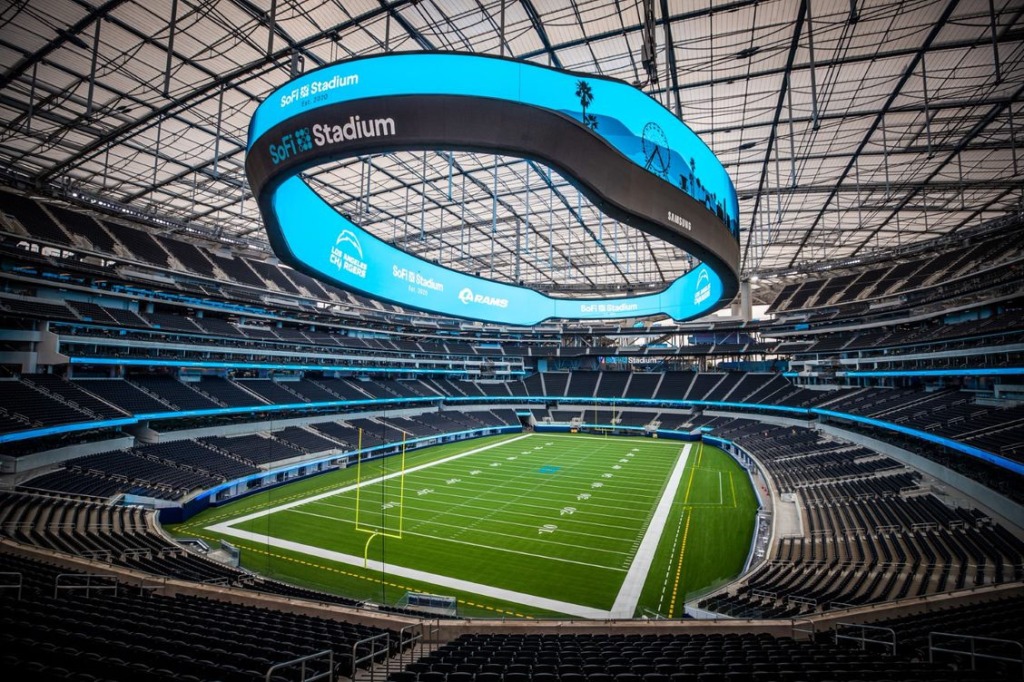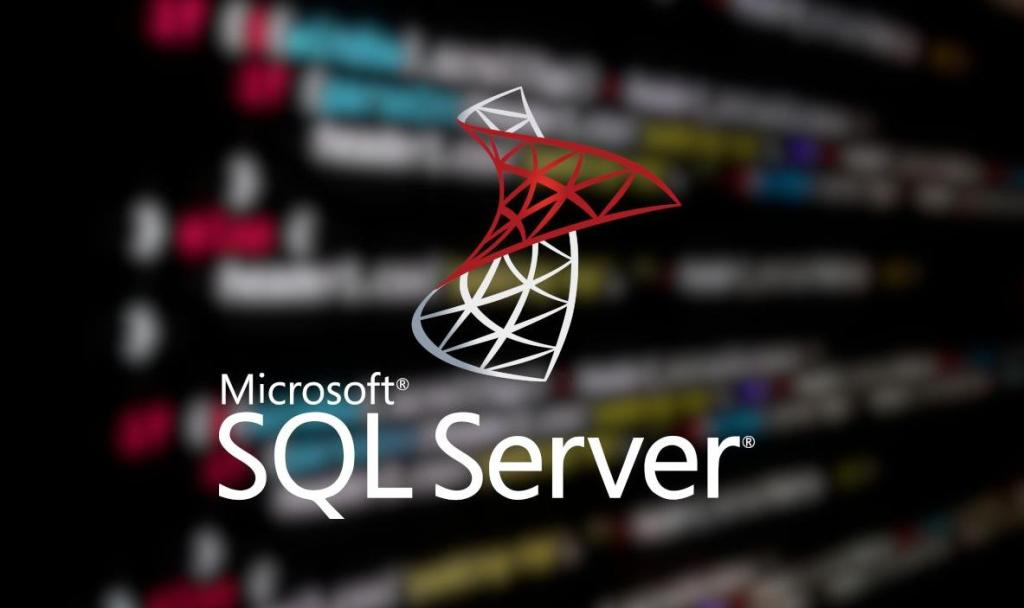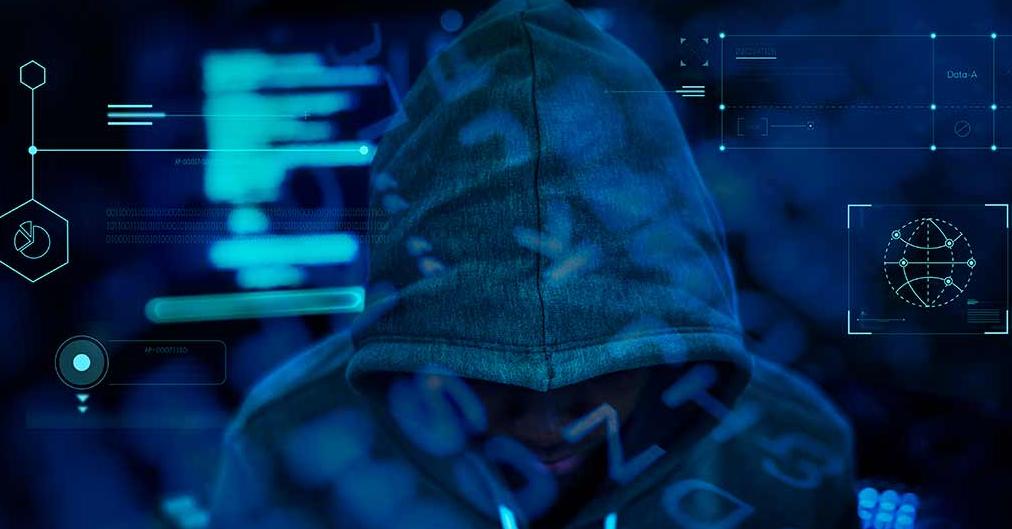The increasing number of connected devices and interconnected networks at sporting events is creating a new target for cybercriminals. In a new report, Microsoft warns that stadiums are being targeted to steal lucrative data, such as information on athletic performance, competitive advantage, and personal information.
The report specifically mentions ransomware attacks targeting hospitals that provide critical support and health services for fans and players. These attacks can result in service disruptions that can have a devastating impact on the event.
For example, in 2022, a ransomware attack on a hospital in Florida forced the cancellation of several sporting events, including a college football game and a professional basketball game. The attack also caused the hospital to divert patients to other facilities, which resulted in a loss of revenue and reputation.
To protect against cyberattacks, Microsoft recommends that stadium operators take a number of steps, including:
· Disabling unnecessary ports: This will help to reduce the attack surface and make it more difficult for cybercriminals to gain access to systems.
· Securing apps and devices: Stadium operators should ensure that all apps and devices are up to date with the latest security patches. They should also use strong passwords and two-factor authentication to protect these devices.
· Patching point-of-sale (PoS) devices: PoS devices are often a target for cybercriminals because they contain sensitive financial data. Stadium operators should ensure that these devices are patched regularly to protect against known vulnerabilities.
· Implementing network segmentation: This will help to isolate different parts of the network, making it more difficult for cybercriminals to move laterally within the network.
Microsoft also advises event organizers and security teams to configure systems before the event by conducting testing, taking snapshots of systems and devices, and making them readily available to IT teams for rapid redeployment if necessary.
By taking these precautions, sporting organizations and venue operators can help to prevent cybercriminals from taking advantage of poorly configured, ad hoc networks within high-profile, target-rich environments like large-scale sporting events.
Here are some additional tips for protecting stadiums from cyberattacks:
· Use strong passwords and two-factor authentication for all accounts: This will help to protect accounts from being compromised.
· Keep software up to date: This will help to protect against known vulnerabilities.
· Implement a security awareness training program for employees: This will help to educate employees about cybersecurity threats and how to protect themselves.
· Monitor networks for suspicious activity: This will help to identify and respond to cyberattacks quickly.
· Have a plan in place to respond to a cyberattack: This will help to ensure that the stadium is able to recover quickly from a cyberattack.





Leave a comment